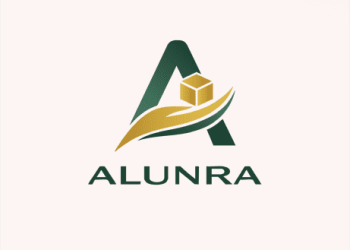London, UK – 18.05.2025 – Language should never be a barrier to justice. Yet for millions of people around the world, especially immigrants, refugees, and non-native speakers, understanding legal rights and navigating legal systems remains an overwhelming challenge. As courtrooms, legal clinics, and government agencies increasingly serve linguistically diverse populations, the importance of accessible legal language services has never been more urgent.
Whether it’s interpreting during a trial, translating a legal document, or assisting with asylum applications, professional language services are essential in upholding fairness, equity, and due process. Without these services, individuals who lack proficiency in the dominant legal language can face devastating consequences—including wrongful convictions, denied claims, or lost custody.
The Language Gap in Legal Systems
Legal systems are complex, dense, and heavily reliant on precise wording. For someone unfamiliar with legal jargon—even in their own language—the system can be intimidating. Add a language barrier, and the result is often confusion, misrepresentation, or complete disengagement from the process.
Studies show that limited-English proficient (LEP) individuals are at a severe disadvantage in legal contexts, particularly in immigration, family law, criminal defense, and civil litigation. Even minor translation errors in legal documentation can have life-altering outcomes.
Qualified legal interpreters and translators are therefore not a luxury, but a necessity. Their role goes beyond simple language conversion—they ensure accuracy, neutrality, and confidentiality, while helping individuals understand their rights and responsibilities within a legal framework.
Legal Aid Services Must Include Language Support
Legal aid organizations and public defenders are increasingly recognizing that linguistic access is a fundamental part of access to justice. Many jurisdictions now require courts to provide interpreters for those who need them, but gaps remain—especially in underfunded regions or in languages that are less commonly spoken.
To address this, governments and NGOs must include professional translation and interpretation in their legal aid budgets and infrastructure. This includes:
- Certified court interpreters for trials, depositions, and hearings
- Translated legal documents such as contracts, affidavits, and notices
- Multilingual intake services for legal clinics and hotlines
- Training for legal professionals on working effectively with interpreters
Access to these services should not depend on one’s ability to pay or their immigration status. Equal protection under the law demands that all individuals, regardless of language, can meaningfully participate in their own legal proceedings.
The Human Impact of Language Access
Beyond policy and compliance, this issue has a profound human dimension. A domestic violence survivor who can’t report abuse because she doesn’t speak the local language. A refugee denied asylum due to a mistranslation of his testimony. A parent who loses custody because they misunderstood the court order.
These are not isolated cases—they are part of a broader systemic problem that can only be resolved through coordinated investment in language access infrastructure.
Moving Forward
Legal institutions around the world must continue to advance policies that prioritize linguistic inclusion. Law schools, bar associations, and legal aid organizations should treat language services as core to their mission—not an afterthought.
Public awareness is also key. Clients and communities need to know that language help is available and that they have the right to request it in legal settings.
Translation and interpretation professionals play a vital, often invisible, role in this ecosystem. By supporting and integrating their expertise into the legal process, we move one step closer to a justice system that serves all people, not just those who speak the dominant language.
About Applied Lingo
Applied Lingo is a global translation and interpretation agency providing translation services across sectors, including legal, healthcare, education, and government. With a focus on linguistic accuracy and cultural nuance, the agency supports fair and accessible communication for all.
For media inquiries, visit: http://www.applied-lingo.com






























